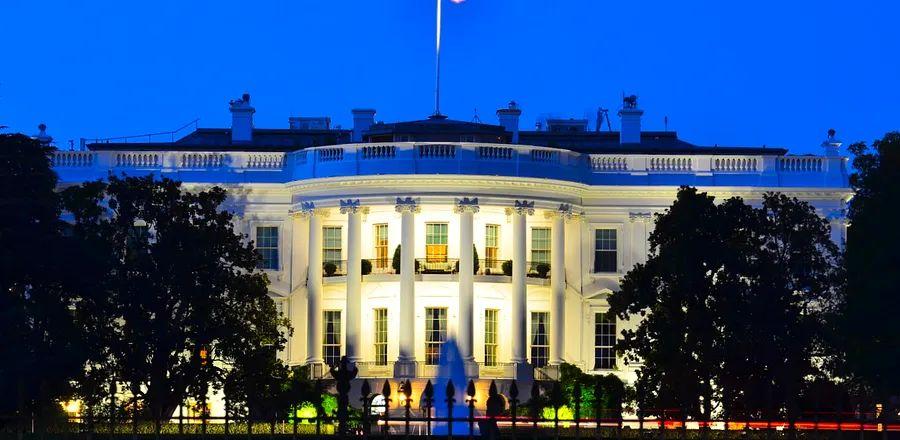U.S. to Lift Vaccine Requirement for Incoming International Travelers

The United States will eliminate all remaining COVID-19 travel restrictions at the close of business on May 11, 2023, coinciding with the conclusion of the government-designated COVID-19 public health emergency, according to a statement from the White House on Monday.
Starting May 12, international travelers entering the USA by air, land, or sea will no longer need to show proof of vaccination against COVID-19.
The vaccine mandates were established to "slow the spread of new variants entering the country and to give our healthcare system time to effectively handle increased cases and hospitalizations," the White House statement explained. "We are now in a different phase of our response, and these measures are no longer required."
In January 2021, the Biden Administration mandated that negative COVID-19 test results were required for entry into the country for both U.S. citizens and non-citizens. This rule was in effect until June 2022, but the vaccination requirement for foreign travelers, enacted by the U.S. Centers for Disease Control and Prevention (CDC) in November 2021, remained in place.
Growing pressure has been placed on the Biden Administration to lift the restrictions, coming from travel industry groups like the U.S. Travel Association, which argued that maintaining the policy jeopardizes valuable visitor spending. Additionally, lawmakers such as Representatives Thomas Massie and Ken Calvert (Republicans from Kentucky and California) introduced a bill in February to abolish the requirement.
Abolishing the restriction will simplify the process for foreign travelers to enter the U.S., thereby making the country more appealing for tourism, according to Tori Barnes, EVP of public affairs and policy at the U.S. Travel Association. She emphasized that this move will aid in expediting entry just ahead of what is anticipated to be a very busy summer travel season.
“The decision to lift the vaccine requirement removes a significant barrier for many international travelers, propelling our industry and nation forward,” said Geoff Freeman, president and CEO of the U.S. Travel Association, in a statement. “However, we must ensure that the return of international visitors is both efficient and secure. The federal government needs to guarantee that U.S. airports and other entry points are sufficiently staffed with Customs and Border Protection (CBP) officers to handle the increasing demand.”
Currently, average wait times for visas for first-time visitors to the U.S. exceed a year, according to Barnes, who warned that this delay could cost the U.S. travel industry around $7 billion in 2023. The U.S. Travel Association has also observed longer wait times at customs upon entry, which is a growing concern, Barnes noted.
“If travelers face two or three hours of waiting in line, they might reconsider visiting again, and they'll likely share their experiences with friends and family,” Barnes stated. “We urge Congress to allocate additional funding to boost staffing at CBP.”
Until May 12, international travelers who are not fully vaccinated (booster shots are not required) will continue to be prohibited from entering the United States.
Although numerous countries worldwide have lifted their pandemic-related entry restrictions, a few still maintain COVID-19 travel requirements. For example, Kenya and Brazil still mandate travelers to present proof of either COVID-19 vaccination or a negative PCR or antigen test prior to entry.
Evaluation :
5/5



